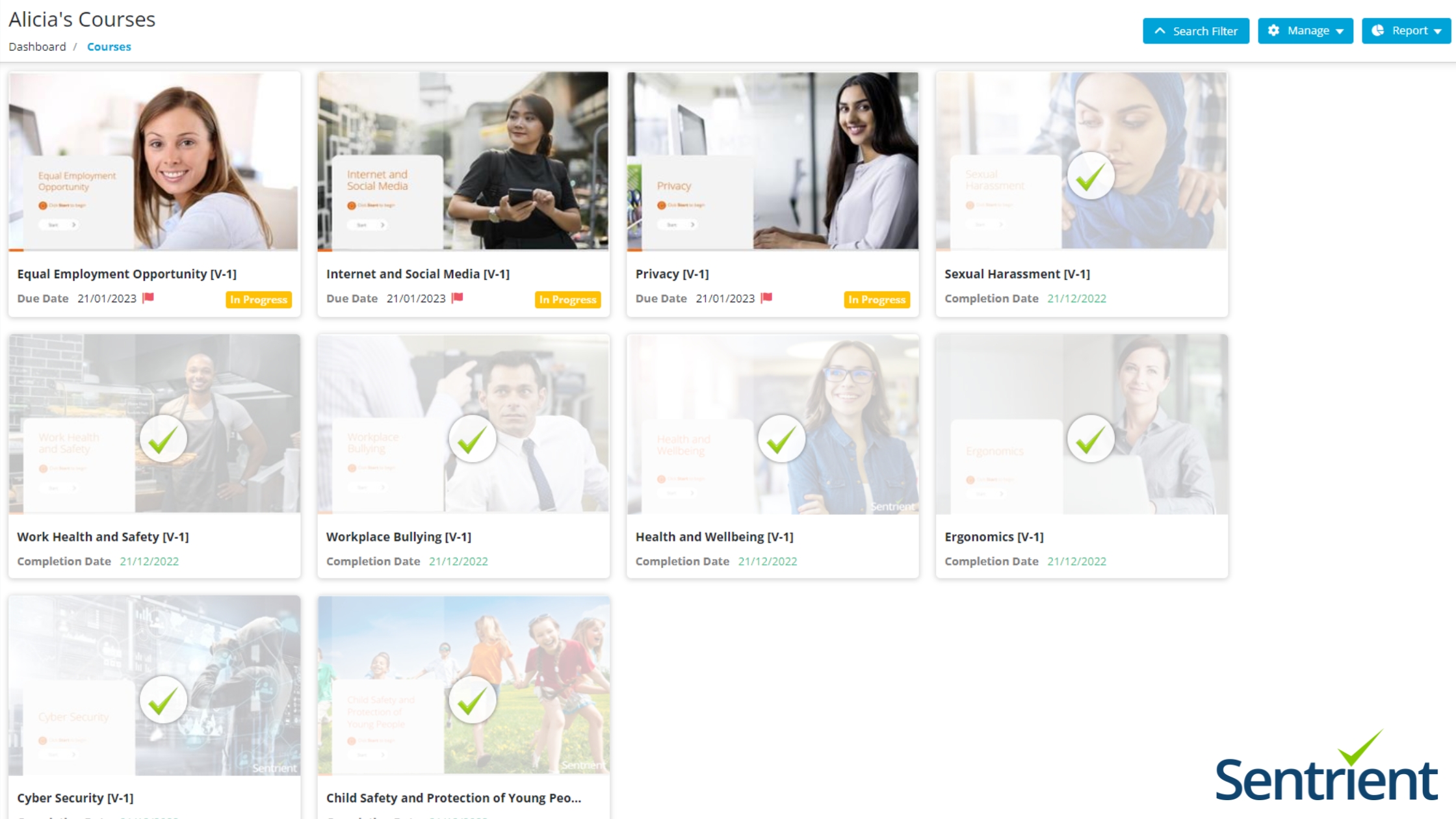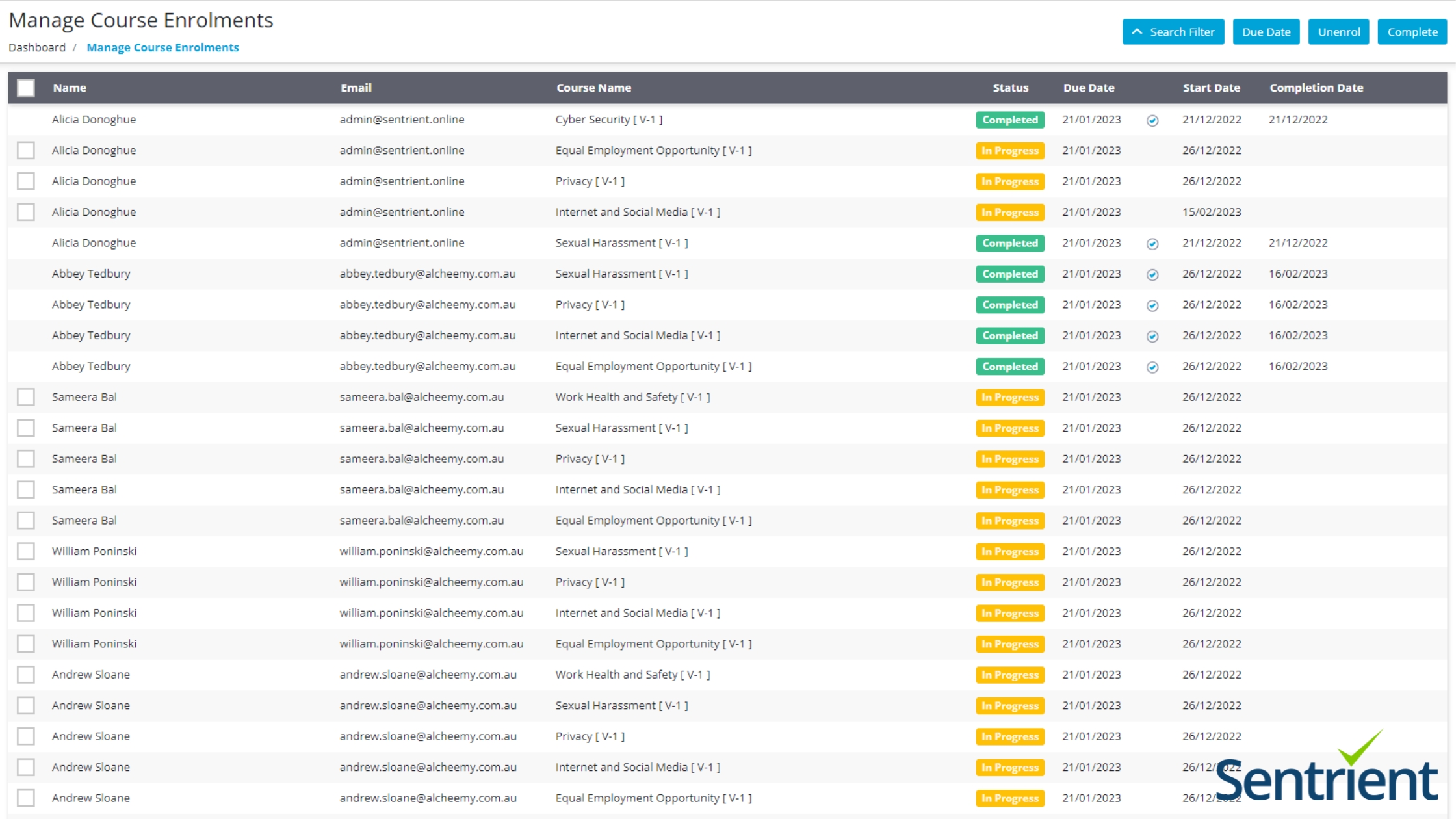Everything To Know About Online Learning Assessment System

Online learning management systems enable real-time skill development for employees. They allow managers to enrol their teams for specific training and employees to learn new skills at any time. More businesses are investing in implementing an online Human Resource Management System (HRMS) with the shift to the remote working environment. It helps provide learning and development opportunities throughout an organisation to employees scattered in more than one location.
One of the best features of an HRMS is an online learning assessment system. This blog post will discuss what an online learning assessment system is and the benefits it can produce in your organisation. Please keep reading to learn more.
What is an online learning assessment system?

An online learning assessment system is software that helps you evaluate a learner’s knowledge at the end of an online learning session. It comes with features to provide a customised assessment approach that is uniform throughout an organisation. It does not require any coding expertise and allows easy customisation of the learning assessment including various question types and other quantitative data.
What assessment criteria can be maintained using a learning assessment system?

A learning assessment system allows maintaining an extensive range of information that is helpful to improve employee learning experiences. The common criteria can include (but is not limited to):
1. Number of attempts
A learning assessment system allows managers to set an upper limit to the number of attempts an employee can make for finishing a given course. A higher number of attempts or failing to finish the course within the limited attempts might indicate a poor level of knowledge on the learner/employee’s part.
2. Required score
Every learning course can also be assigned a minimum score to be attained for the learner to successfully finish the course. If a learner/employee is unable to secure a score above or equivalent to the required score, they might not be allowed to finish the course.
3. Yes/No questions
Close-ended questions based on the learning content in the course can also be added for assessment during or at the end of a course. Employees must answer these questions correctly.
4. Single-selection questions
This is one of the most widely used types of questions included in a majority of assessment platforms. It includes selecting a single right answer out of given multiple choices. A learning assessment system also allows managers to set single selection questions that need to be answered correctly by a learner.
5. Multiple selection questions
Multiple selection questions are an advanced version of single selection questions and include more than one correct answer that needs to be selected by a learner.
6. Customised assessment approach
A customised assessment approach allows you to set the learner assessment test suiting the requirements of the respective learning course. Having a similar assessment test for every course might not prove efficient over time.
Benefits of using an online learning assessment system

1. Enhanced learning and skill development management
Managers can access the tool for managing employee learning and skill development which enables easy customisation. It allows for an enhanced and uniform learning experience for both managers and employees throughout an organisation.
2. Saves time and efforts
Manual learning assessment is not a feasible option for assessing multiple employees as it can take time and effort to record results etc. Automating employee learning assessment can save time and effort otherwise wasted by managing paper-based documents.
3. Provide employee support
The results of the employee learning assessment can give useful insights to mentors. This information can be utilised to help employees that have performed poorly in a given course. By communicating with them about their problems, mentors can guide every employee towards success.
4. Course completions/status
With an automated learning assessment system, managers can easily gather data on how many enrolled learners have finished a course, how many learners are yet to attempt the course, etc. This is known as course completions or status and is important for managing employee learning and development.
5. Better course designing
All the data that is gathered through the learning assessment system enables managers and decision-makers to design better learning courses for their employees in the future. It allows authorised users to recognise employee learning trends and the requirement of new courses to help them learn new skills.
The takeaway
As you can see there are many benefits to implementing a learning assessment platform in your organisation. Sentrient’s HRMS can help you easily navigate through the employee learning and development process. It includes workflows to facilitate organisations with a consistent online learning assessment approach for every learning exercise and allows you to take steps to improve any learning program. Contact us today for a free demo of the comprehensive Sentrient Human Resource Management System.
This blog post was originally published here.



Comments
Post a Comment